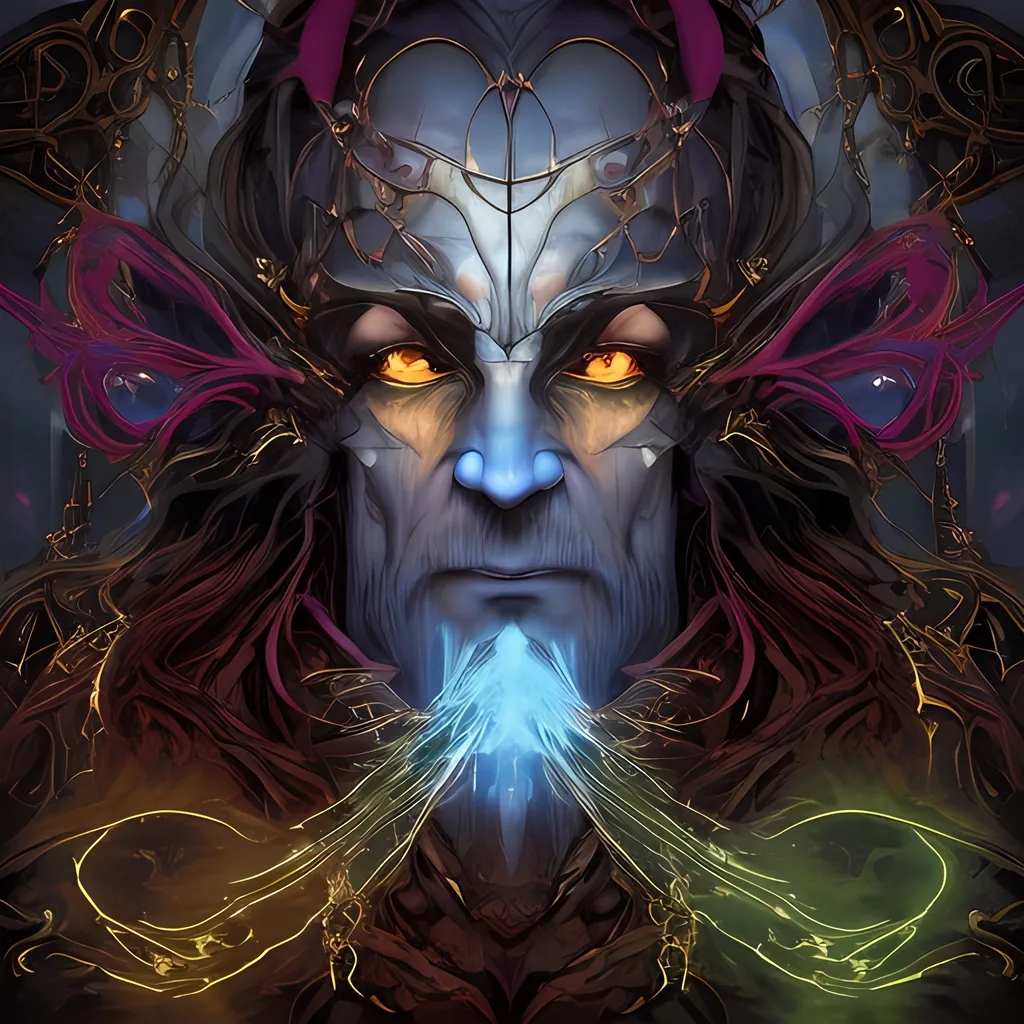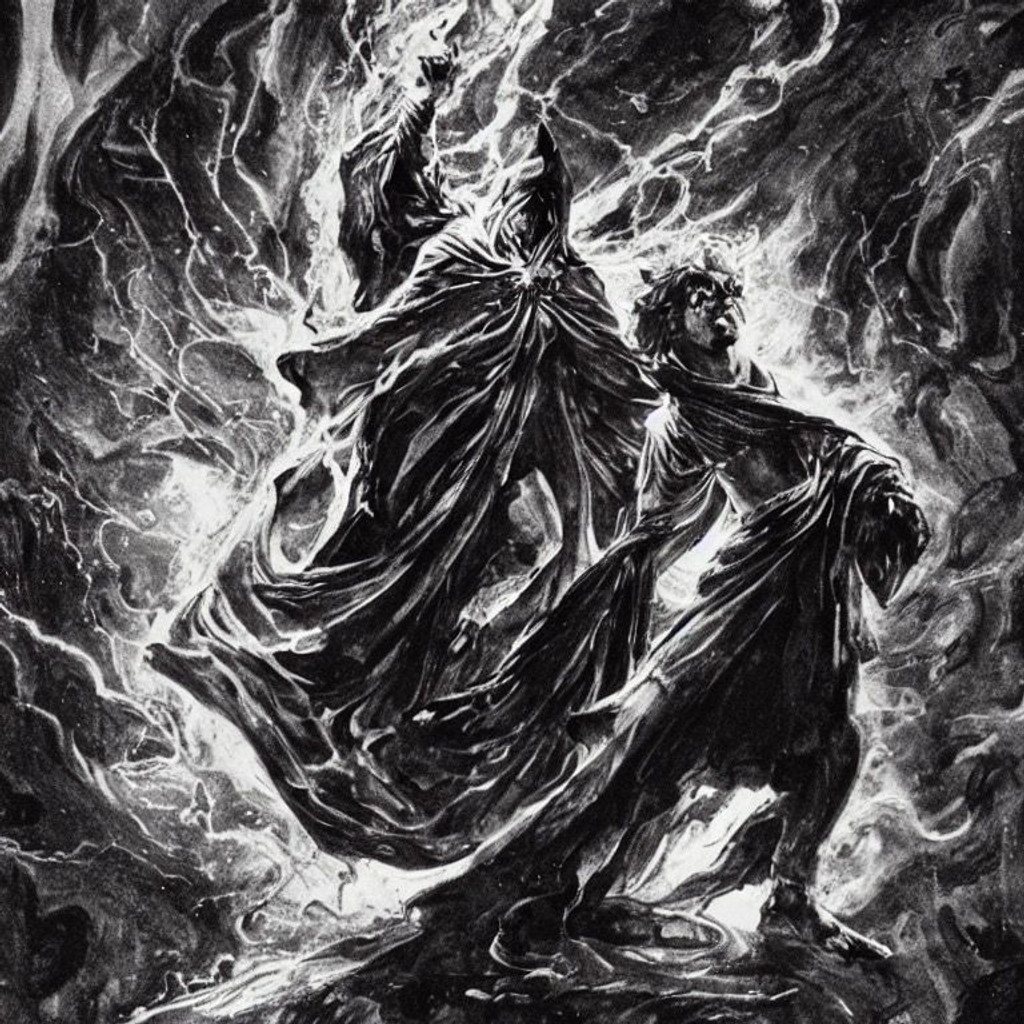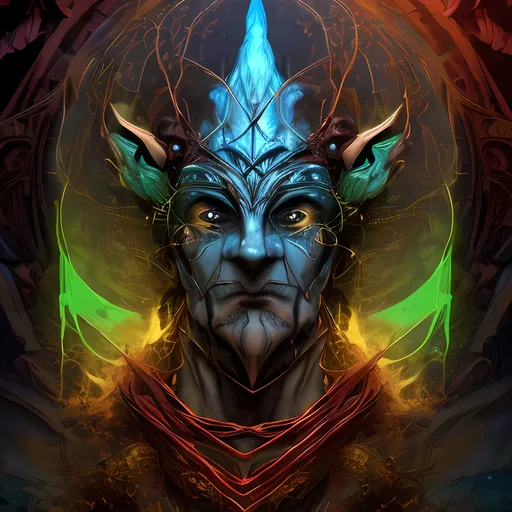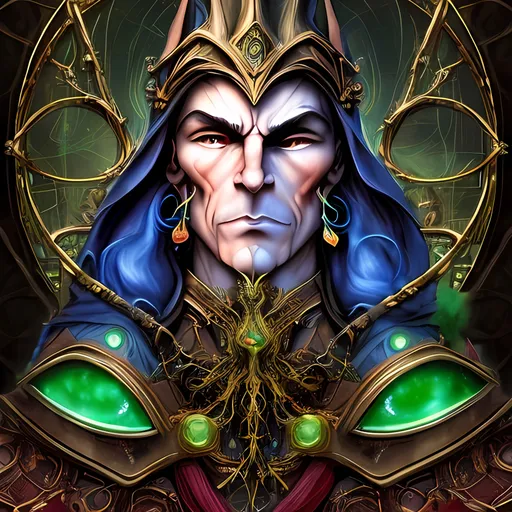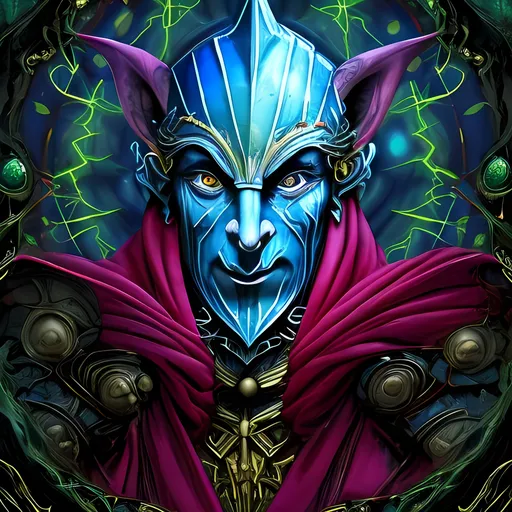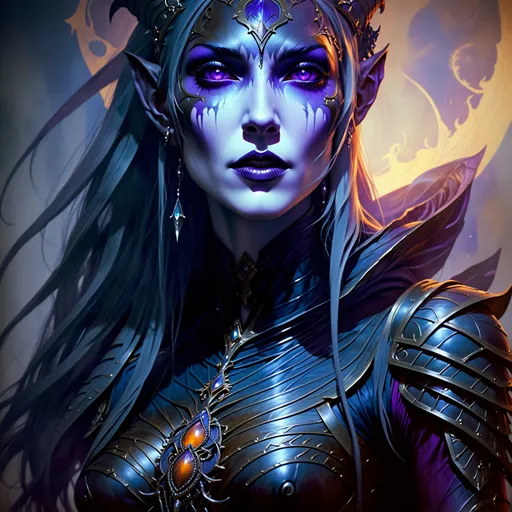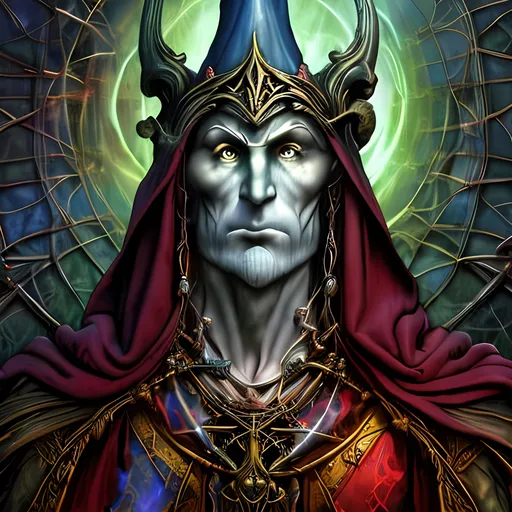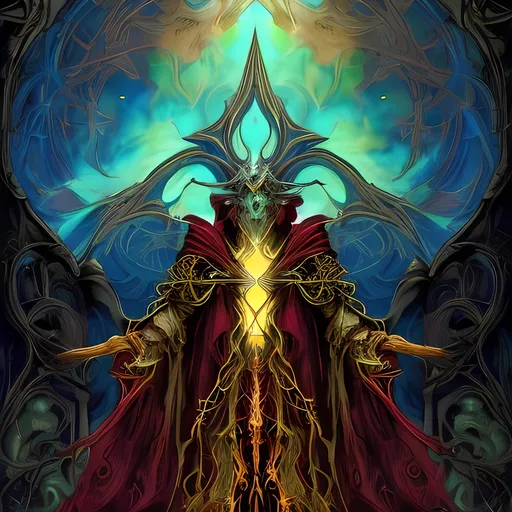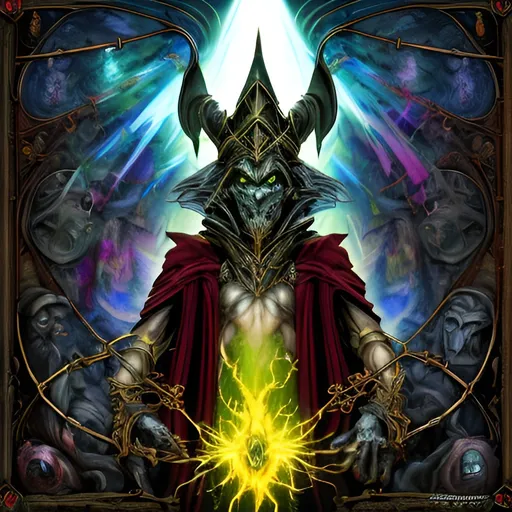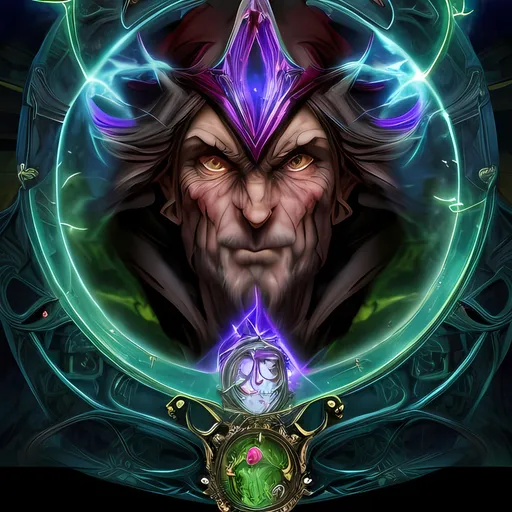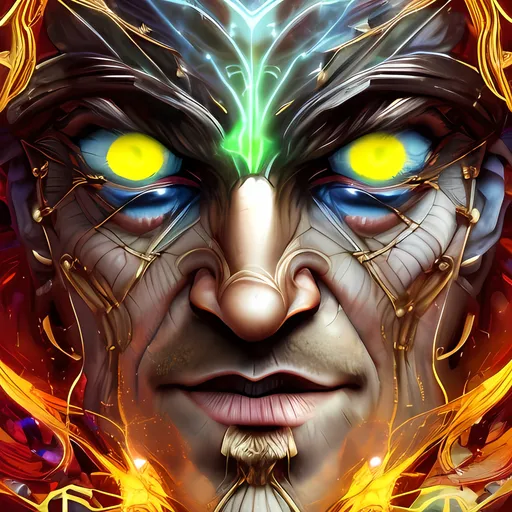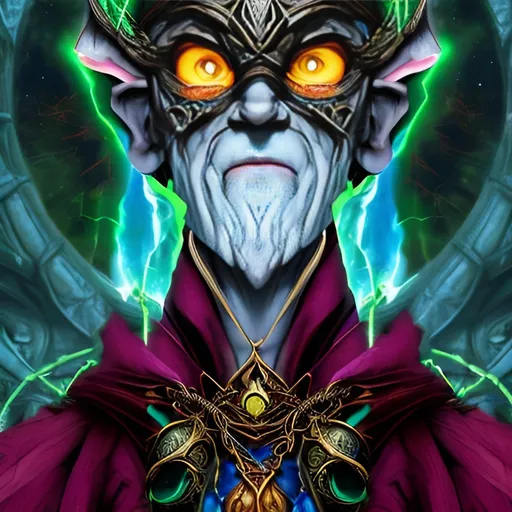Nicholas Marazoff
Subject description:
1. Facial Features:
• Clearly describe each facial feature individually, such as eyes, nose, mou...Show more
Made by: Sketch to image
Subject Description: 1. Facial Features:
• Clearly describe each facial feature individually, such as eyes, nose, mouth, and ears.
• Provide details about the size, shape, and placement of each feature.
• Mention any unique characteristics, like dimples, scars, or facial hair.
2. Expressions and Emotions:
• Describe the emotions conveyed by the face, including expressions like joy, sadness, anger, or surprise.
• Specify details such as raised eyebrows, wrinkled forehead, or a quirked lip to emphasize the emotion.
3. Proportions:
• Ensure that facial proportions are realistic and consistent. Mention the relative size of features in relation to each other.
• Highlight any distinctive proportions that make the face unique, such as an unusually long nose or wideset eyes.
4. Lighting and Shadows:
• Consider the direction of light to create highlights and shadows on the face.
• Describe how light plays across facial contours, emphasizing features and adding depth.
5. Angles and Perspectives:
• Specify the angle or perspective from which the face is being observed.
• Detail how the facial features change with different angles or expressions.
6. Character’s Personality:
• Connect the facial description to the character’s personality or mood. For example, a stern expression might convey determination, while a smile can suggest warmth.
7. Facial Structure:
• Mention the underlying facial structure, such as cheekbones, jawline, and chin.
• Describe how the face is shaped, whether it’s oval, round, square, etc.
8. Age and Gender:
• Indicate the age and gender of the character through facial features. For instance, youthful features may include smooth skin and rounder cheeks, while older characters may have wrinkles and more defined bone structure.
9. Clothing and Style:
• If applicable, describe any facial accessories or elements related to clothing and style that contribute to the overall look.
10. Background:
• Consider the environment or context in which the character exists. The background can influence the lighting and overall atmosphere, affecting how the face is perceived.
In the magical interior mansion scene, a wizard, embodying the fusion of Frank Frazetta's flair and Caspar David Friedrich's essence, stands in grandeur. The wizard is dressed in a cloak of gold and has eyes of fire, creating an eerie and mystical atmosphere. Suddenly, a mythical Daemon bursts forth from the mansion, disrupting the space with its presence. The Daemon, bathed in electric blue and bright green hues, appears to be a harmonious blend of Bosch, Grünewald, and Dürer's influences.
In this postapocalyptic style scene, the conjurer and a witness observe the unfolding chaos, where magic and mythology collide. The wizard adeptly summons and binds the Daemon with maroon Neon Holofractured Neuralux Biolumiwireframe cuffs, chains, and shackles, restraining it and containing its power. Amidst the destruction, remnants of magical energy linger, emphasizing the bound Daemon with Phong, casting a radiant red glow on nearby surfaces.
Style: Interior Design
Color Theme: Lemon
Width: 512
Height: 512
Seed: 1294600310
Create your first image using OpenArt.
With over 100+ models and styles to choose from, you can create stunning images.
